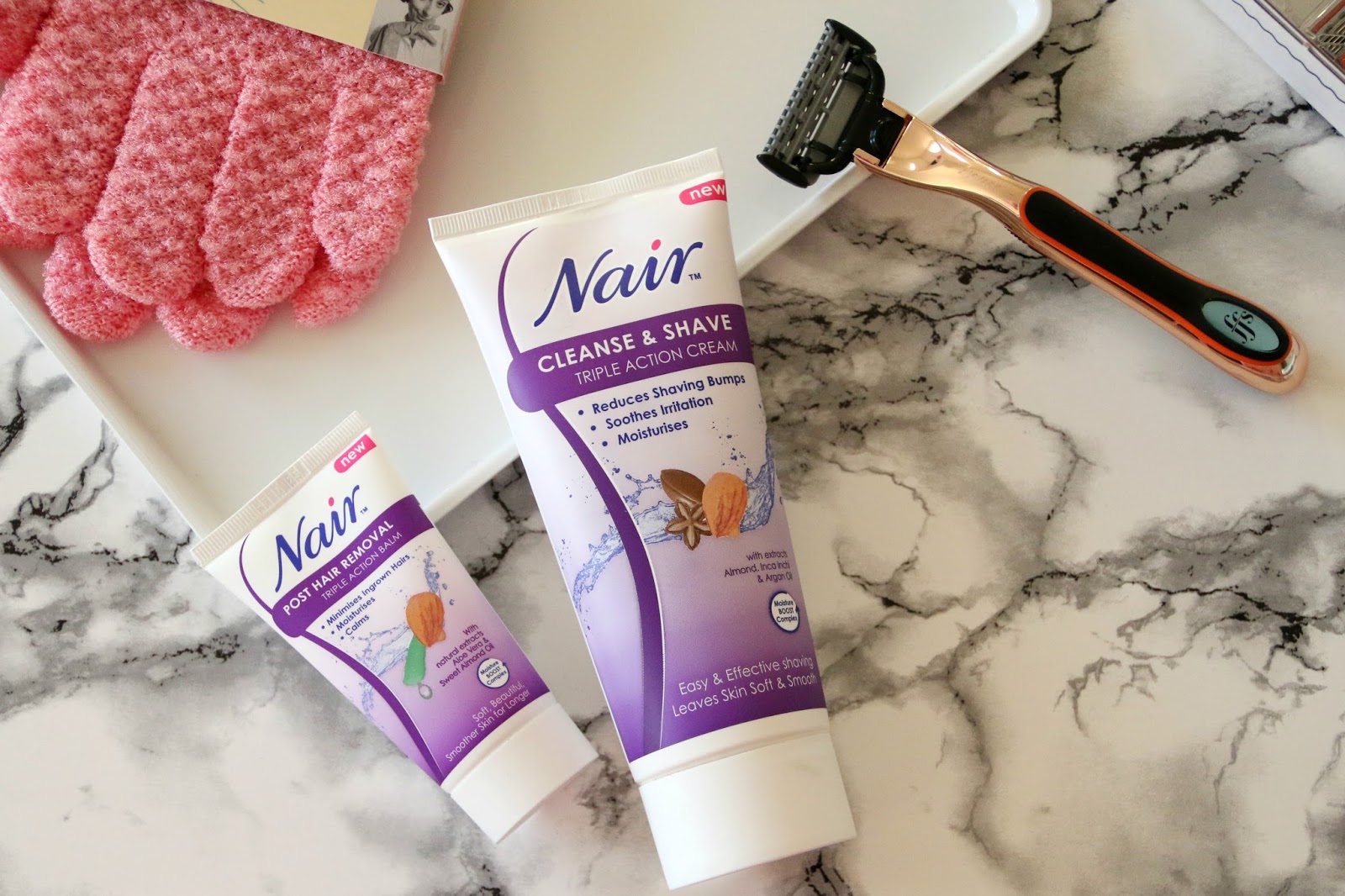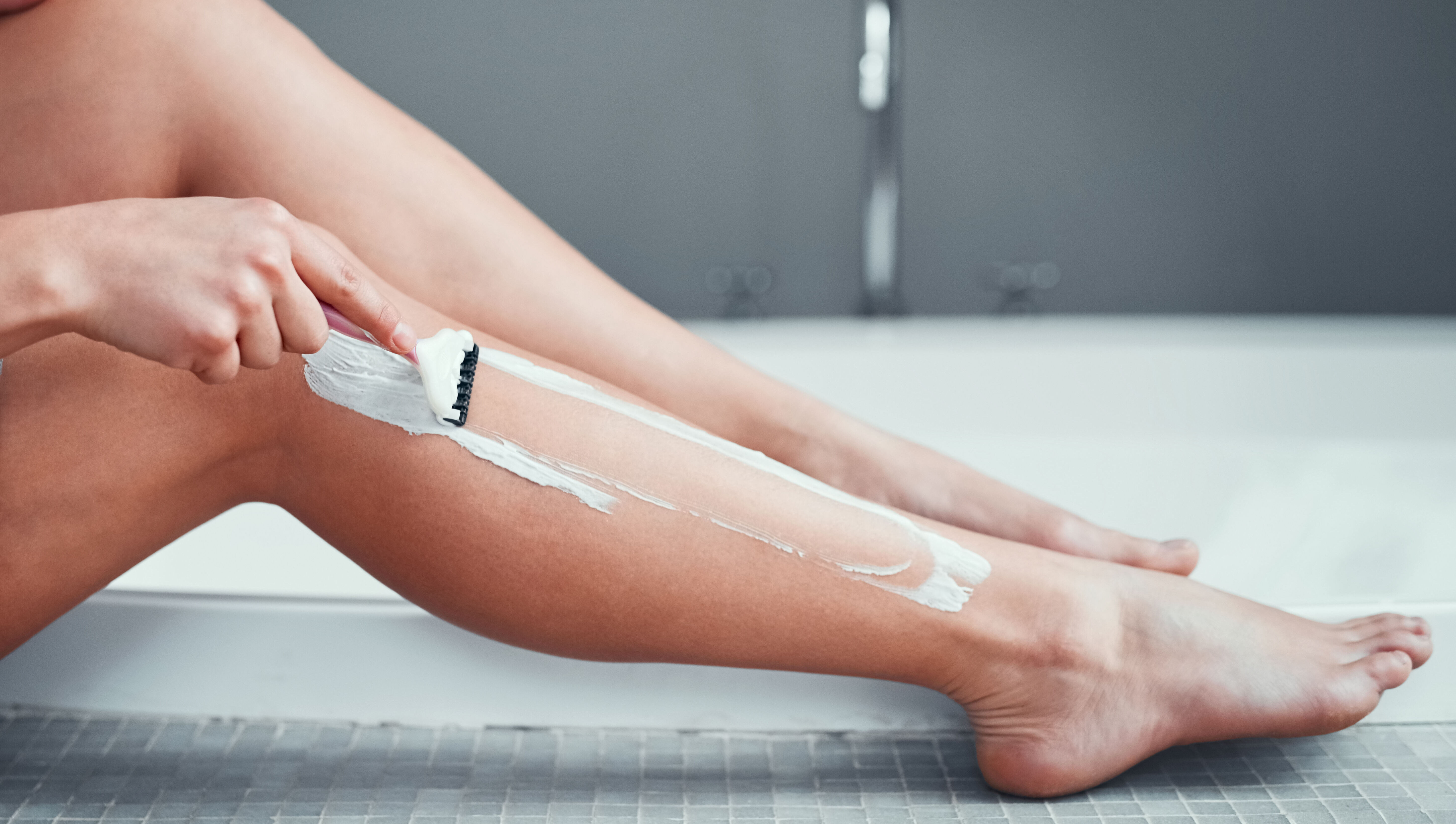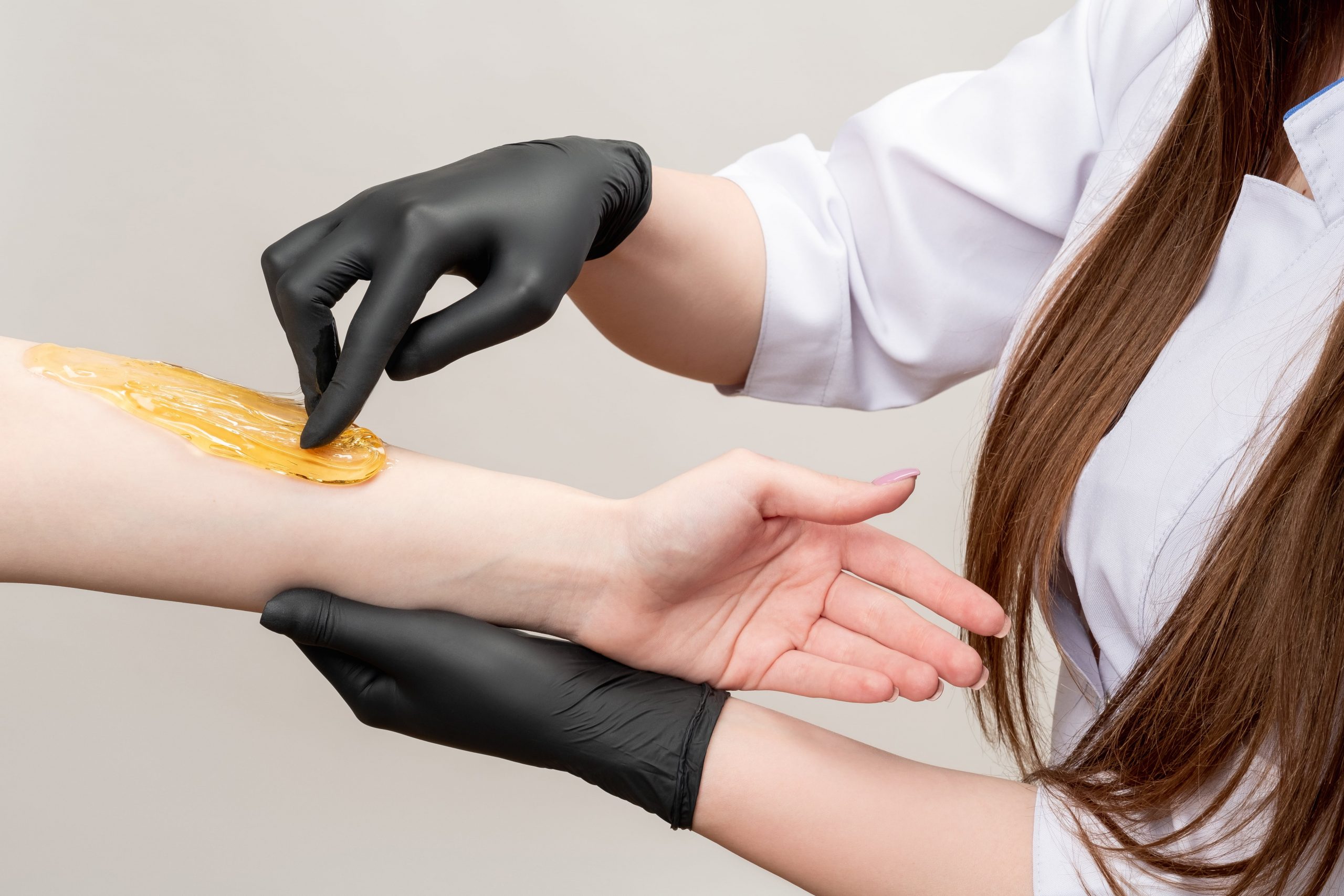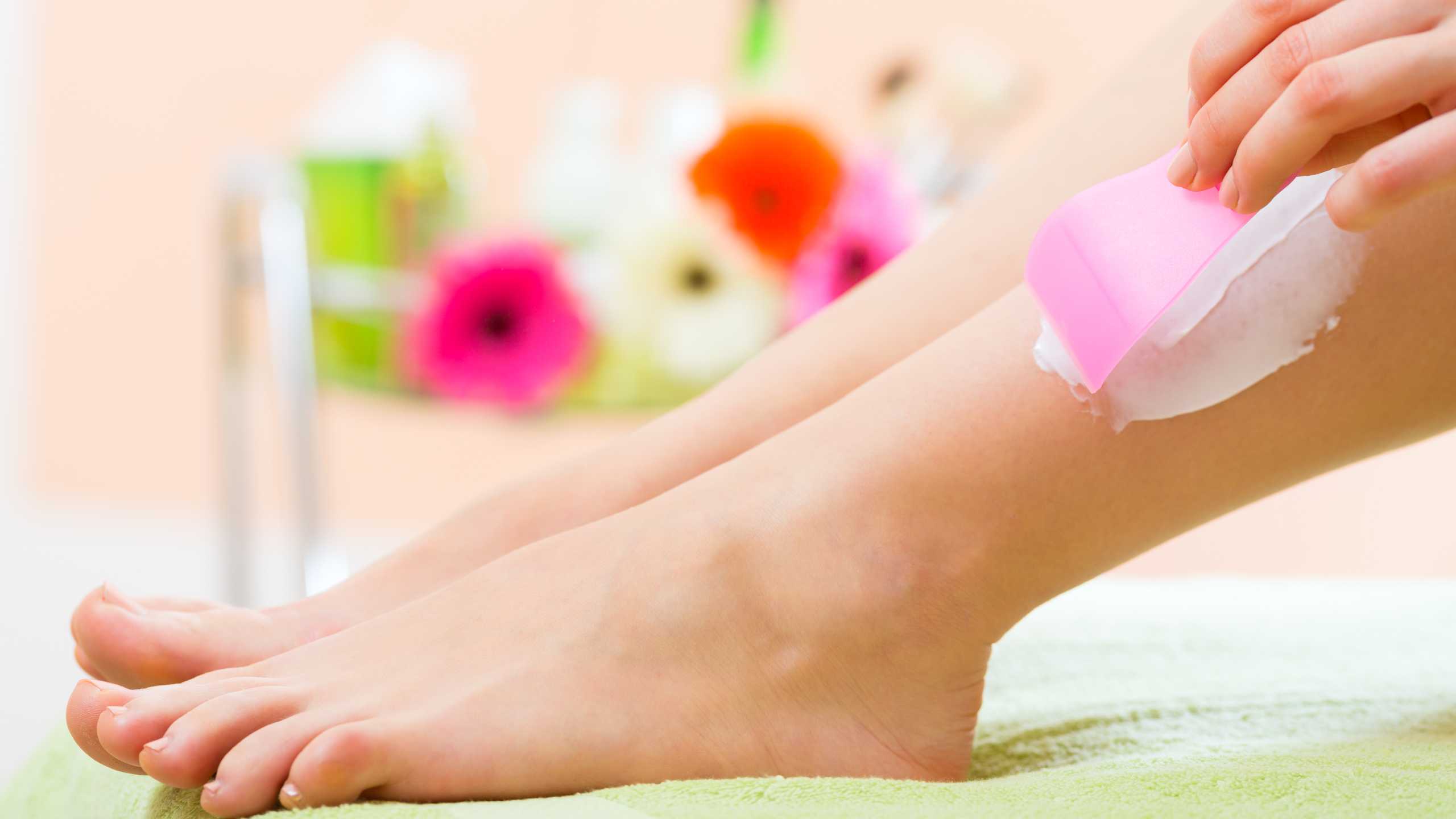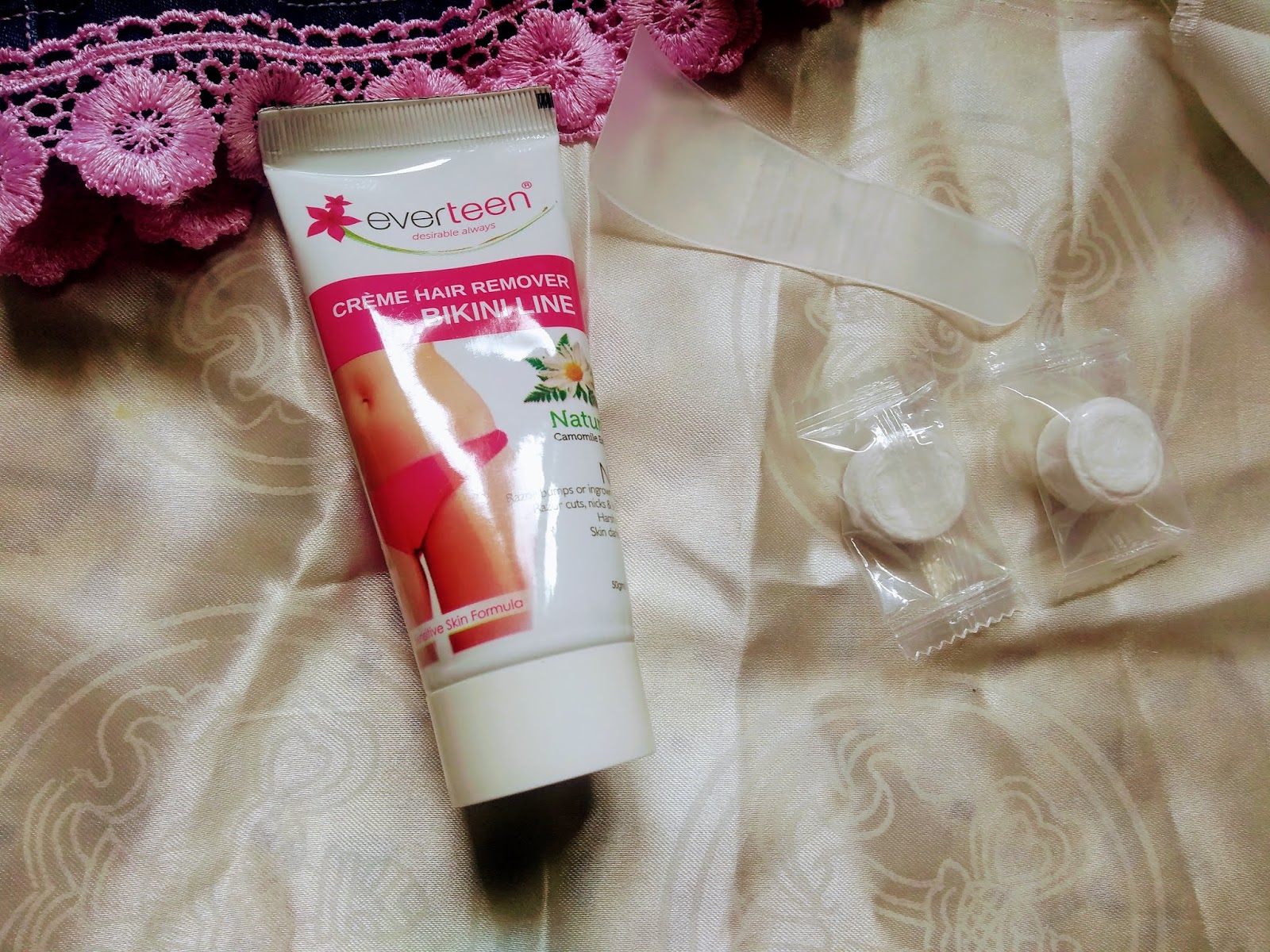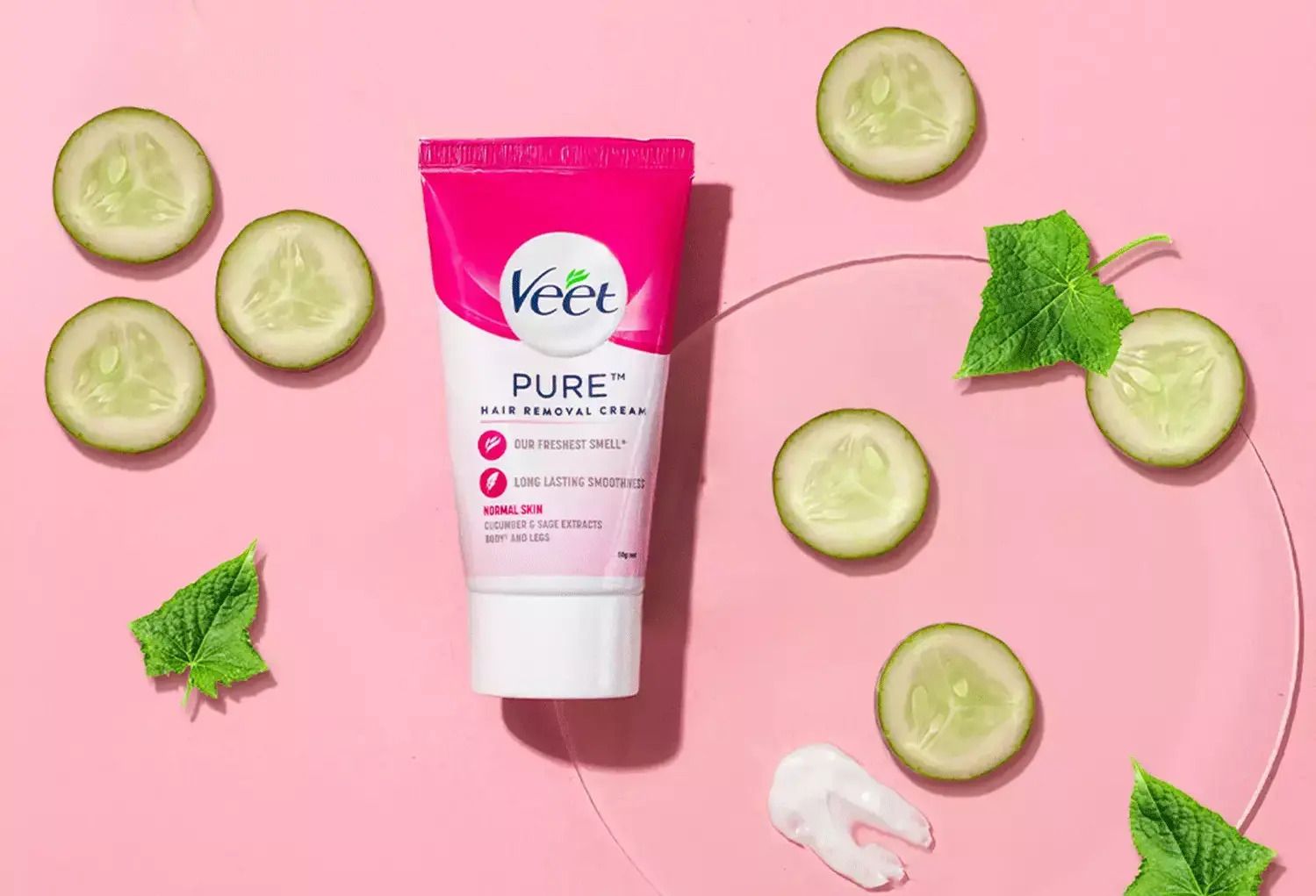Home>How-to Guides>For Women>How To Treat Chemical Burn From Hair Removal Cream At Home


For Women
How To Treat Chemical Burn From Hair Removal Cream At Home
Modified: August 5, 2023
Learn how to treat chemical burns caused by hair removal cream at home. Essential tips and remedies for women to heal and soothe the skin.
(Many of the links in this article redirect to a specific reviewed product. Your purchase of these products through affiliate links helps to generate commission for Under-tec.com, at no extra cost. Learn more)
Table of Contents
- Introduction
- Understanding Chemical Burns from Hair Removal Cream
- How to Assess the Severity of a Chemical Burn
- Immediate Steps to Take after Chemical Burn
- Home Remedies to Treat Chemical Burn from Hair Removal Cream
- Preventive Measures to Avoid Chemical Burns
- When to Seek Medical Attention for a Chemical Burn
- Conclusion
Introduction
Chemical burns occur when the skin comes into contact with harsh chemicals, causing damage and irritation. Hair removal creams contain active ingredients like calcium thioglycolate, which works by breaking down the protein structure of the hair, making it easier to remove. However, if left on the skin for too long or applied to sensitive areas, these chemicals can cause burns.
Understanding how to effectively treat chemical burns from hair removal creams at home is important, as it can help alleviate discomfort and promote healing. In this article, we will explore ways to assess the severity of a chemical burn, immediate steps to take after a burn occurs, home remedies for treating the burn, preventive measures to avoid future burns, and indications for seeking medical attention.
It is important to note that while these remedies are intended for minor chemical burns caused by hair removal creams, more severe burns may require professional medical attention. It is always wise to consult a healthcare professional if you are unsure about the severity of a burn or if it does not improve with at-home treatments.
Understanding Chemical Burns from Hair Removal Cream
Chemical burns from hair removal creams occur when the skin is exposed to the harsh chemicals present in these products. Hair removal creams, also known as depilatory creams, contain active ingredients such as calcium thioglycolate or potassium hydroxide. These chemicals work by breaking down the protein structure of the hair, making it easier to remove.
However, if these creams are left on the skin for too long or applied to sensitive areas, they can cause chemical burns. The severity of a chemical burn can vary depending on factors such as the concentration of the chemicals, the duration of exposure, and the individual’s skin sensitivity.
Chemical burns often result in symptoms such as redness, swelling, pain, and a stinging or burning sensation. In some cases, blisters may also appear. It is important to note that different individuals may react differently to the same product, and what may cause a mild reaction in one person could lead to a severe burn in another.
The risk of chemical burns can be minimized by following the instructions provided with the hair removal cream. It is crucial to perform a patch test on a small area of skin before applying the cream to larger areas. This helps to identify any potential allergic reactions or skin sensitivities beforehand.
Sensitive areas such as the face, bikini line, and underarms are more prone to chemical burns due to their delicate skin. Additionally, using the cream on broken or irritated skin can increase the risk of burns. It is essential to be extra cautious when applying the hair removal cream to these areas and to avoid overlapping or excessive application.
Furthermore, it is important to be aware of the recommended duration for leaving the cream on the skin. Leaving the product on for longer than instructed can increase the likelihood of a chemical burn. Similarly, rinsing off the cream within the recommended time limit is essential to prevent any adverse reactions.
By understanding the factors that contribute to chemical burns and taking the necessary precautions, individuals can minimize the risk of experiencing these burns from hair removal creams. In the following sections, we will discuss how to assess the severity of a chemical burn and the immediate steps to take after a burn occurs.
How to Assess the Severity of a Chemical Burn
Assessing the severity of a chemical burn is crucial in determining the appropriate course of action for treatment. It helps to distinguish between minor burns that can be managed at home and more severe burns that require medical attention. Here are some factors to consider when assessing the severity of a chemical burn:
- Extent of the burn: Take note of the size of the affected area. Minor burns typically cover a small area, while more severe burns may spread across larger portions of the skin.
- Depth of the burn: Chemical burns are categorized into three levels: first-degree, second-degree, and third-degree burns. First-degree burns affect only the outer layer of the skin and are characterized by redness and mild pain. Second-degree burns involve the outer and underlying layers of the skin and may cause blisters and more intense pain. Third-degree burns penetrate deep into the skin, causing significant damage and often resulting in a white or blackened appearance.
- Symptoms: Consider the symptoms associated with the burn. Mild symptoms such as redness and slight discomfort are indicative of a minor burn, while severe pain, blistering, and signs of infection may suggest a more serious condition.
- Duration of symptoms: Take note of how long the symptoms have persisted. Minor burns typically improve within a few days with proper care, while more severe burns may worsen or show no signs of improvement.
It is essential to remember that these are general guidelines and not a substitute for professional medical advice. If you are unsure about the severity of a chemical burn or if it covers a large area, it is recommended to consult a healthcare professional for a proper evaluation.
In the next section, we will outline the immediate steps to take after a chemical burn occurs to minimize further damage and promote healing.
Immediate Steps to Take after Chemical Burn
When a chemical burn occurs, it is crucial to take immediate action to minimize further damage and promote healing. Here are the steps to follow after experiencing a chemical burn from a hair removal cream:
- Remove the source of the burn: If the hair removal cream is still on the skin, gently wipe it off using a soft cloth or rinse the affected area with cool running water. This helps to remove any remaining chemicals and prevent further exposure.
- Flush the area with water: Rinse the burn with cool water for at least 10 to 20 minutes. This helps to dilute the chemicals and remove any residue that may still be on the skin. Avoid using hot water as it can potentially worsen the burn.
- Do not burst any blisters: If blisters have formed, it is important to resist the urge to burst them. Blisters serve as a protective barrier for the underlying skin and help prevent infection. Popping them can increase the risk of infection and delay the healing process.
- Cover the burn: After rinsing the burn, cover it with a sterile, non-stick dressing or a clean cloth to protect it from further irritation and potential infection. Avoid using adhesive bandages directly on the burn, as they can stick to the damaged skin and cause further discomfort.
- Manage pain and inflammation: Over-the-counter pain relievers such as acetaminophen or ibuprofen can help alleviate pain and reduce inflammation. Follow the recommended dosage guidelines and consult a healthcare professional if you are unsure about the appropriate medication.
- Avoid applying creams or ointments: It is advisable to refrain from applying any creams or ointments to the burn unless specifically recommended by a healthcare professional. Some products may contain ingredients that can further irritate the skin or interfere with the healing process.
- Monitor the burn: Keep a close eye on the burn and watch for any signs of infection, such as increased redness, swelling, pus, or worsening pain. If these symptoms develop, seek medical attention promptly.
While these immediate steps can help manage a minor chemical burn, it is important to note that more severe burns may require professional medical care. In the next section, we will discuss home remedies that can be used to treat chemical burns caused by hair removal creams.
Home Remedies to Treat Chemical Burn from Hair Removal Cream
When dealing with a chemical burn from a hair removal cream, several home remedies can help alleviate discomfort, promote healing, and prevent infection. It is important to note that these remedies are intended for minor burns that do not require medical attention. If you are unsure about the severity of the burn or if it worsens despite home treatments, it is advisable to seek professional medical care.
- Cool Compress: Applying a cool compress to the burn can help soothe the skin and reduce inflammation. Use a clean cloth soaked in cool water or a dampened gauze pad and gently apply it to the affected area for about 15 minutes at a time.
- Aloe Vera Gel: Aloe vera has natural soothing properties and can promote healing. Apply a thin layer of pure aloe vera gel to the burn to help relieve pain, reduce redness, and aid in the healing process. Avoid using aloe vera products that contain added fragrances or dyes, as they may irritate the burn.
- Honey: Honey has antibacterial properties and can help prevent infection in minor burns. Apply a small amount of honey to the burn and cover it with a sterile dressing. Change the dressing and reapply honey several times a day.
- Tea Bags: The tannins in tea can help soothe the burn and promote healing. Place used tea bags, preferably black or green tea, in the refrigerator to cool them down. Once cool, gently press the tea bags onto the burn for about 10 minutes.
- Vitamin E Oil: Vitamin E oil is known for its skin-nourishing properties and can help in the healing process. Apply a small amount of vitamin E oil to the burn and gently massage it into the skin.
- Oatmeal Bath: An oatmeal bath can provide relief for widespread burns or burns on larger areas of the body. Add colloidal oatmeal, which is finely ground oatmeal, to a lukewarm bath and soak in it for about 15-20 minutes. Pat dry gently afterward.
- Keep the area clean: It is essential to keep the burn clean to prevent infection. Gently wash the burn with mild soap and cool water, pat it dry with a clean towel, and apply a fresh sterile dressing if needed.
- Avoid irritants: During the healing process, it is advisable to avoid exposing the burn to further irritants, such as harsh soaps, fragrances, or hot water. These substances can further aggravate the burn and delay healing.
While these home remedies can help manage minor chemical burns, it is important to seek medical attention if the burn does not improve within a few days or if there are signs of infection. In the next section, we will discuss preventive measures to avoid chemical burns from hair removal creams.
Preventive Measures to Avoid Chemical Burns
Prevention is key when it comes to avoiding chemical burns from hair removal creams. By following these preventive measures, you can minimize the risk of experiencing burns and ensure a safer hair removal process:
- Read and follow instructions: Carefully read and follow the instructions provided with the hair removal cream. Pay attention to the recommended application time and any precautions or warnings mentioned.
- Perform a patch test: Before applying the cream to larger areas, perform a patch test on a small, inconspicuous area of skin. This will help you assess how your skin reacts to the product and identify any potential allergies or sensitivities.
- Choose the right product for your skin type: Different hair removal creams are formulated for specific skin types. Select a product that is suitable for your skin type to minimize the risk of adverse reactions or burns.
- Avoid sensitive areas: Be cautious when applying the cream to sensitive areas such as the face, bikini line, and underarms. These areas have delicate skin that is more prone to burns. If necessary, consider using alternative hair removal methods for these areas.
- Do not exceed recommended application time: Follow the recommended application time provided by the manufacturer. Leaving the cream on the skin for longer than instructed can increase the risk of chemical burns.
- Do not overlap applications: Avoid overlapping or reapplying the cream on the same area, especially if the skin is already starting to show signs of irritation or redness. This can further irritate the skin and lead to burns.
- Avoid applying to broken or irritated skin: Do not use hair removal creams on broken or irritated skin, as this can increase the risk of burns. Wait until the skin has fully healed before applying the cream.
- Properly store the product: Store the hair removal cream according to the instructions provided. Exposure to extreme temperatures or sunlight can alter the composition of the product and make it less effective or potentially harmful.
- Consider alternative hair removal methods: If you have experienced multiple instances of chemical burns or have sensitive skin, you may want to consider alternative hair removal methods such as shaving, waxing, or laser treatments. Consult with a dermatologist to find the best option for your skin.
By following these preventive measures, you can reduce the risk of experiencing chemical burns from hair removal creams and enjoy a safer hair removal process. However, it is important to remember that everyone’s skin is unique, and what works for one person may not work for another. If you do experience a burn despite these preventive measures, it is crucial to seek appropriate treatment and consult a healthcare professional.
When to Seek Medical Attention for a Chemical Burn
While many chemical burns from hair removal creams can be effectively managed at home, there are instances where it is necessary to seek medical attention. It is important to be aware of the signs and symptoms that indicate a need for professional care. Here are some situations in which you should consider seeking medical attention for a chemical burn:
- Severe pain and discomfort: If the burn is causing excruciating pain or if the pain is worsening despite home remedies, it is advisable to consult a healthcare professional. This may indicate a deeper or more severe burn.
- Large or deep burns: Burns that cover a large area of the body or penetrate deeper layers of the skin should be assessed by a medical professional. These burns may require specialized treatment and monitoring.
- Signs of infection: If the burn becomes red, swollen, or pus-filled, or if you notice increasing warmth and tenderness around the burn, it could indicate an infection. Seek medical attention promptly to prevent complications.
- Difficulty with normal activities: If the burn interferes with your ability to perform everyday activities or if it affects areas like your face, hands, or genital region, it is recommended to consult a healthcare professional for appropriate treatment and care.
- Delayed healing: Minor burns usually show signs of improvement within a few days. If the burn does not heal or if it worsens after a few days, it is important to seek medical attention. Delayed healing may indicate a more serious burn or an underlying medical condition.
- Past history of burns: If you have a history of severe burns or have experienced adverse reactions to hair removal creams in the past, it is advisable to consult a dermatologist for personalized advice and guidance.
Seeking medical attention ensures that you receive appropriate care and treatment for your burn. Healthcare professionals have the expertise to assess the severity of the burn, prescribe necessary medications, and provide guidance on wound care and preventing infection.
Remember, when in doubt, it is always better to err on the side of caution and consult a healthcare professional. They can provide the necessary guidance and ensure the best possible outcome for your burn.
Conclusion
In conclusion, it is important to understand the risks associated with using hair removal creams and take appropriate measures to prevent chemical burns. These burns can occur if the cream is left on the skin for too long, applied to sensitive areas, or used on broken or irritated skin. To treat a chemical burn from a hair removal cream, it is crucial to take immediate steps such as removing the source of the burn, flushing the area with water, and covering the burn with a sterile dressing. Home remedies like cool compresses, aloe vera gel, honey, and tea bags can provide relief and aid in the healing process.
Prevention is key in avoiding chemical burns, so remember to follow instructions, perform patch tests, and choose the right product for your skin type. Be cautious when applying the cream to sensitive areas and avoid exceeding the recommended application time. If a chemical burn does occur, monitor the severity of the burn and seek medical attention if it covers a large area, is deep or painful, shows signs of infection, or if your symptoms worsen despite home remedies.
By being aware of the risks, taking preventive measures, and knowing when to seek professional care, you can safely enjoy the benefits of hair removal creams. However, it is always important to consult a healthcare professional for a proper evaluation and guidance if you have any concerns or uncertainties regarding a chemical burn.
